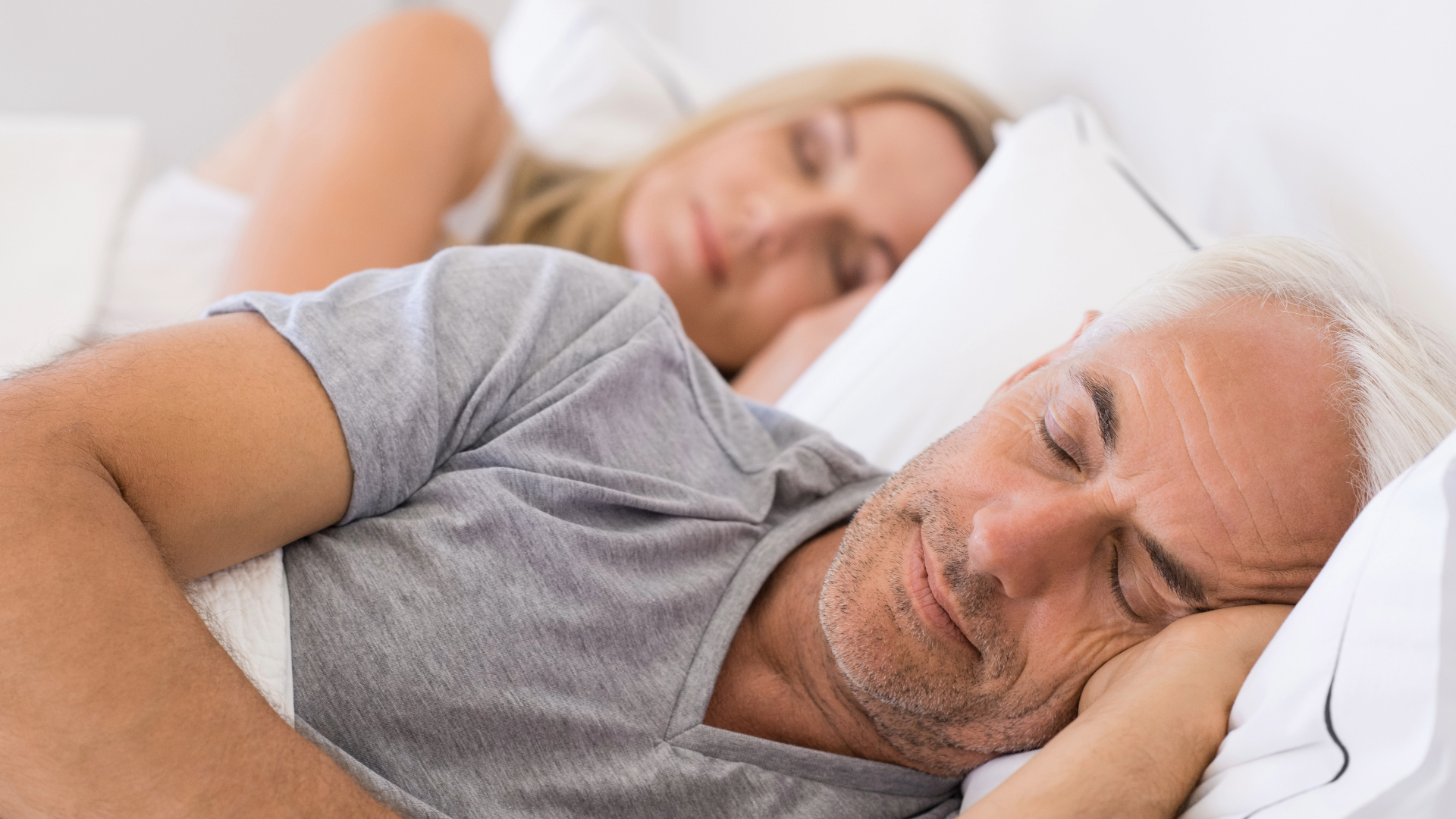
Sleeping well is crucial for health and well-being. However, poor posture during sleep can lead to pain and stiffness upon waking. In this article we will analyze the causes of morning pains due to incorrect posture in bed and how to prevent them.
The causes of night pain from incorrect posture
When you sleep, your muscles relax completely. If the spine is not kept aligned during sleep, you may experience pain and soreness when you wake up. The most common causes are:
- Sleeping on your back with your head turned to the side
- Sleeping on your side with your legs bent
- Sleeping on your stomach with your neck turned
- Using a pillow that is too high or too flat
- Sleeping on a mattress that is too soft or too firm
These incorrect positions cause compression of the vertebral discs and nerves, leading to morning stiffness in the neck, shoulders, back and limbs.
The most common pains
Here are the most frequent pains and disorders caused by incorrect posture in sleep:
- Back pain – Sleeping on your back or on your side curves the spine, causing lower back pain.
- Neck pain – Keeping the neck turned to the side for hours causes contractures to the cervical muscles.
- Headache – Compression of the cervical discs can cause headache upon waking.
- Tingling in the limbs – Compression of nerves and blood vessels causes numbness in the arms and legs.
- Shoulder pain – Stressed and curved shoulders during sleep lead to joint pain.
If these symptoms arise regularly in the morning, it is likely that they are caused by poor posture during night rest.
Tips to improve sleep posture
There are some useful tricks to sleep in the correct position and avoid morning pains:
- Choose a mattress of medium rigidity, neither too soft nor too hard.
- Use a pillow that keeps your head and neck aligned with your spine.
- Sleep on your back with relaxed legs and arms, not crossed.
- Put a pillow under your knees if you sleep on your side.
- Do not use more than one pillow at a time.
- Do morning stretching to loosen contracted muscles.
In addition, a mattress and pillow appropriate to your build are essential for a good rest and prevent joint pain.
Exercises to strengthen the back
In addition to a correct nocturnal posture, it is useful to strengthen the back muscles with targeted exercises, so as to better support the spine and avoid lumbar pain when waking up. Here are some simple exercises to do at home:
- Cat-camel: inhale by arching your back, exhale by arching it.
- Pelvic lift: lie on the ground with your knees bent and lift your pelvis upwards.
- Plank: Support your body straight on outstretched arms, contracting your abdomen.
- Swimming: lie prone and mimic the movement of your back in swimming.
- Arch: lie prone, raise chest and legs at once.
5-10 minutes a day of these exercises increase back strength and flexibility, relieving morning pains.
Remedies to relieve pain
If despite all the precautions you wake up with joint and muscle pain, there are some remedies to relieve the discomfort:
- Warm compresses on the painful area, to relax the muscles.
- Do stretching of sore muscles.
- Gently massage the part with anti-inflammatory creams.
- Take common pain medications, such as ibuprofen or acetaminophen.
- Take hot baths or alternating hot-cold showers.
Such remedies bring temporary relief while waiting for the pain to pass spontaneously. If the discomfort persists, it is good to consult a doctor.
A useful application to relieve muscle and joint pain upon waking up is Tepy. It is an app that works as a pocket physiotherapist, helping the user to treat musculoskeletal pain quickly and effectively. Just tell Tepy where you feel pain, such as neck, shoulders, back or limbs after poor posture in your sleep. The app analyzes the symptoms and suggests specific exercises, self-massages and treatments to soothe the discomfort in that particular area of the body. Tepy’s algorithm creates routines tailored to the user, allowing to relieve contractures, muscle tension and soreness due to a bad position during the night’s rest.
When to consult a doctor
In most cases, morning pains from poor posture resolve spontaneously within a few hours or days. However, you should contact your doctor if:
- 1The pain is very intense and does not subside.
- Tingling, numbness or weakness in the limbs appear.
- Pain and stiffness are felt that worsen with movement.
- The pain radiates down one limb.
- Symptoms always arise upon waking.
In such cases, there may be an underlying pathology such as a herniated disc, spinal stenosis or arthrosis. The doctor will evaluate whether to prescribe diagnostic tests and targeted drug therapy or physiotherapy.
Prevention of nocturnal joint pain
Sleeping in the correct position is the best method to prevent morning discomfort in the neck, back and limbs. Here are the key tips for a proper nocturnal posture:
- Choose mattress and pillow suitable for your build.
- Correct your posture if you wake up in the night.
- Do not sleep on your stomach or with your neck turned.
- Use pillows between your knees and ankles if you sleep on your side.
- Sleep with a blanket rolled up behind your back if you are supine.
- Avoid reading or watching tv in bed before bed.
- Practice back strengthening exercises.
By respecting these tips and correcting any incorrect postures, it is possible to effectively prevent morning pains and sleep soundly and restoratively.
Sources and insights:
Sleeping well | Royal College of Psychiatrists (rcpsych.ac.uk)
Sleep and tiredness – NHS (www.nhs.uk)
The Best Sleeping Position for Your Back Pain | Spine-health


